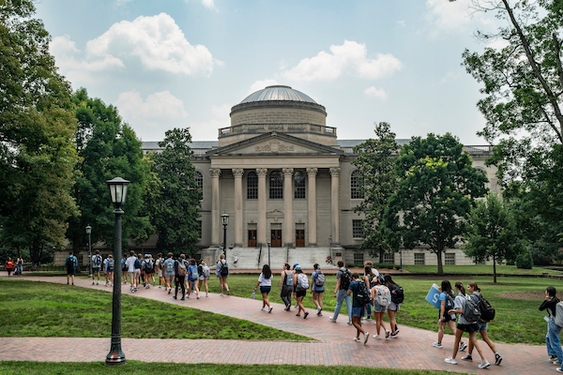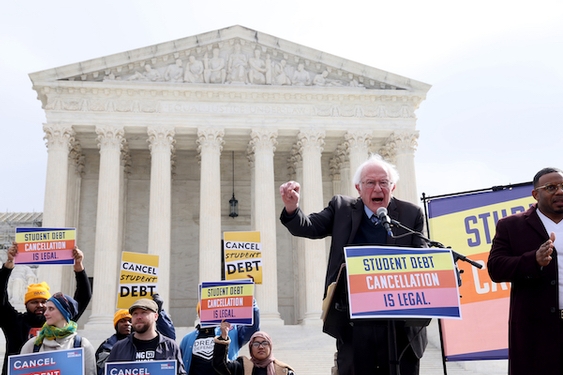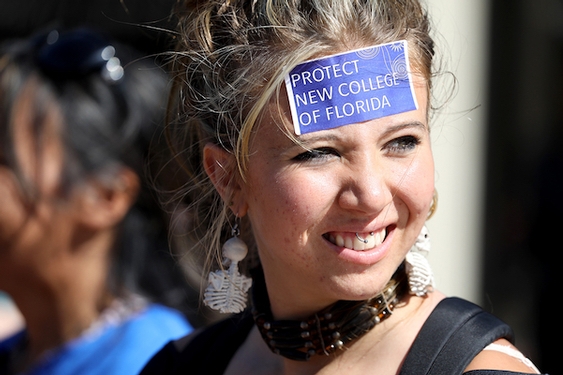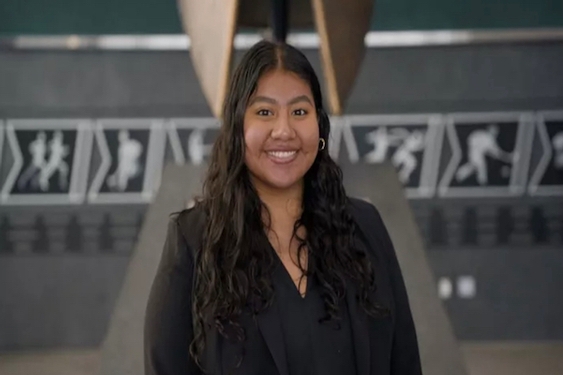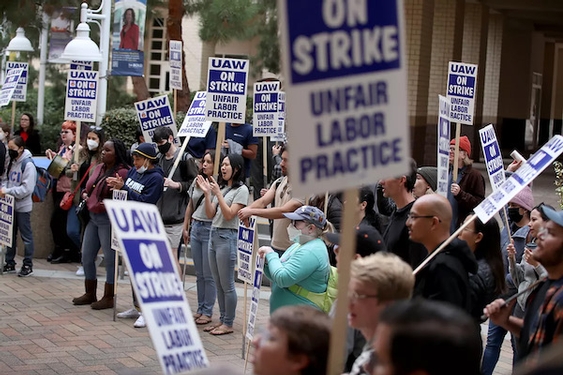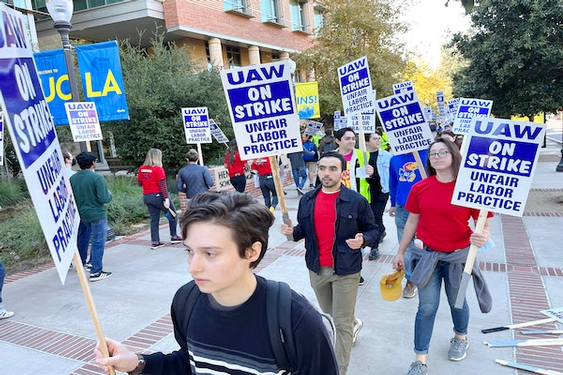Most memorable of any graduation is the pomp and circumstance that lets you know you have finally finished four years of “hard” work. You hug your friends as you cry remembering the horrible teachers, lunchtime conversations and infinite “remember when” moments. You wish each other good luck, as you enter the real world, and you promise you’ll visit each other at your prospective colleges during break. High school is finally over!
What?!
You were pretty sure you would be able to handle the transition from the 12th to the 13th grade; everything was fine until you sat in your first lecture class wondering if you had to ask permission to go to the bathroom or if you still had to hide your phone to text (Answers are no, and yes, respectively.). Suddenly you realize that college life is on its own parallel universe, and you’re untouchable.
When you left high school, did you actually think you were entering the “real world”? I know I did. I somehow thought that the college life bubble was what real adults experience (because you’re not a real adult when you’re a student, I know that now.). It is absolutely normal for parties to look like they were taken straight out of movie scenes; people get away with public intoxication all the time! Staying awake for 32 hours straight is healthy; Thursday night is the start of the weekend, and suddenly anything that starts at 8 a.m. sounds like a predestined failure. How on earth did you survive four years of high school when classes came in blocks from 8 a.m. to 3 p.m., and now you can’t even make it to a 50-minute discussion section?
After all the time, drama and expected maturity come the qualms with graduation. The movies tell you you’re supposed to have three things once you finish college: 1) An awesome job offer waiting for you once you say you’re ready; 2) A set of two or three best friends who have been there with you since day one, (you know, potential bridesmaids or groomsmen); 3) You’re supposed to have your future spouse all set and ready to go, complete with wedding album pictures of how you two first met in freshman dorms when your Resident Advisor forced everyone to mingle in the hall.
During your senior year, you begin receiving e-mails from the senior gift committee, asking you to donate money to an obscure project with a plaque that reads “A Gift from the Class of 2011.” They talk about leaving a legacy for future generations of students who will walk through the very same doors you did. You care about that plaque only a little, but you start to wonder about what kind of legacy you’ve actually left behind. Especially in large schools, making an imprint would be significantly more difficult than at a tiny liberal arts college.
I was lucky enough to be in the Spirit of Troy, the University of Southern California Trojan Marching Band. Never would I have thought of myself as a band person, but it was one of the greatest experiences of my life. In high school, your counselors and teachers all suggested getting involved with extracurricular activities, mostly to keep you out of trouble I think, but they had the right idea. It is important for all students to be involved with their school because it helps tie you to it in some way. Especially at the university level, it is important to feel a connection to your school so you feel that you mattered and weren’t just another student ID number. If anything, campus involvement usually makes for great stories to tell the kids one day.
As a transfer student, I was only able to spend two years at USC, but my time here was more than I ever could have asked for. Once I stopped comparing my experience to others’ – or worse, the movies – I was able to fully appreciate the uniqueness of the imprint I am leaving at USC. Who knows how long it will stay there, but I know for the moment, I have left my mark on the Trojan family, and I am glad to know that they have left their mark on me.
Congratulations, Class of 2011, and Fight On!
News: College Central
Farewell, USC: A Note From a Soon-to-be Graduate
By Lynda Correa

(Credit: Michelle Hazelwood/The Charlotte Observer/MCT)
Article posted on 5/11/2011
This article has been viewed 3936 times.





